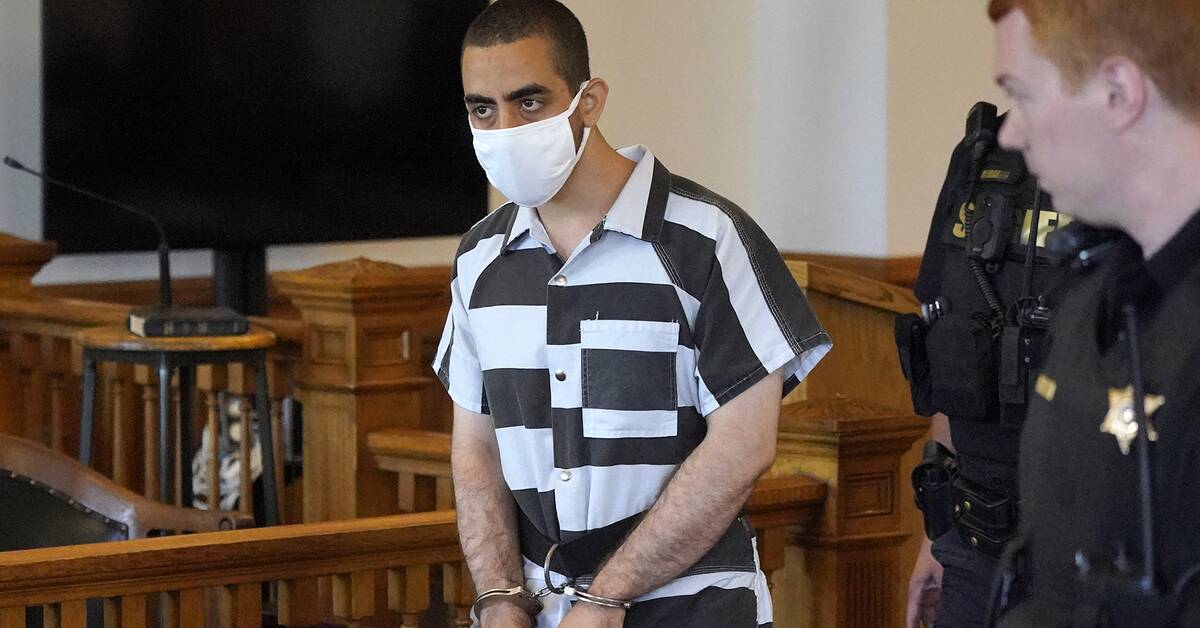24-year-old Hadi Matar was not fond of school, worked in a shop and became increasingly interested in religion.
He was not born when Iran's supreme leader Ayatollah Ruhollah Khomeini issued a death sentence against Salman Rushdie in 1989 after the publication of the controversial book The Satanic Verses, but 33 years later he attacked the author with a knife and left him with life-threatening injuries.
According to his own mother, he changed after a trip to Lebanon in 2018 when he went to visit his father.
He became increasingly withdrawn and religious.
The mother herself has distanced herself from him and says she has not spoken to her son since the attack.
- I'm done with him.
I have nothing to say to him, says Silvana Fardos to the New York Times.
Preferred religion over studies
Matar is raised in California and New Jersey.
Acquaintances describe him as a person who stood outside society.
He was nice but kept to himself and showed no aggression.
The mother has said that he blamed her for encouraging him to study rather than devote himself to religion.
As a profile picture in his emails, he had recently started to have a picture of Ayatollah Ali Khamenei, writes the New York Times.
Only read a couple of pages of Rushdie's work
Since the attack, Matar has allowed himself to be interviewed by the American newspaper New York Post.
In the interview, he says that he only read a couple of pages of the Satanic Verses.
He based his opinion of Salman Rushdie as a "not very good person" on watching the author's lectures online.
Matar describes Ayatollah Khomeini as a "great person", but would not say whether it was his death sentence against Rushdie that inspired the attack.
He got the idea to go to Chautauqua where the attack happened after seeing a tweet about the author's visit.
Rushdie was stabbed several times and may lose an eye as a result of the assassination attempt.
Hadi Matar denies the accusations, but says he did not think the author would survive.
- When I heard that he survived, I guess I was surprised, he says to the New York Post.
Javascript is disabled
Javascript must be enabled to play video
Read more about browser support
Salman Rushdie has lived under death threats since the late 80s.
Photo: TT

